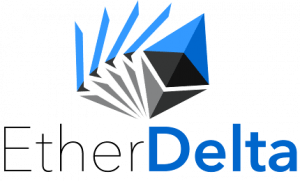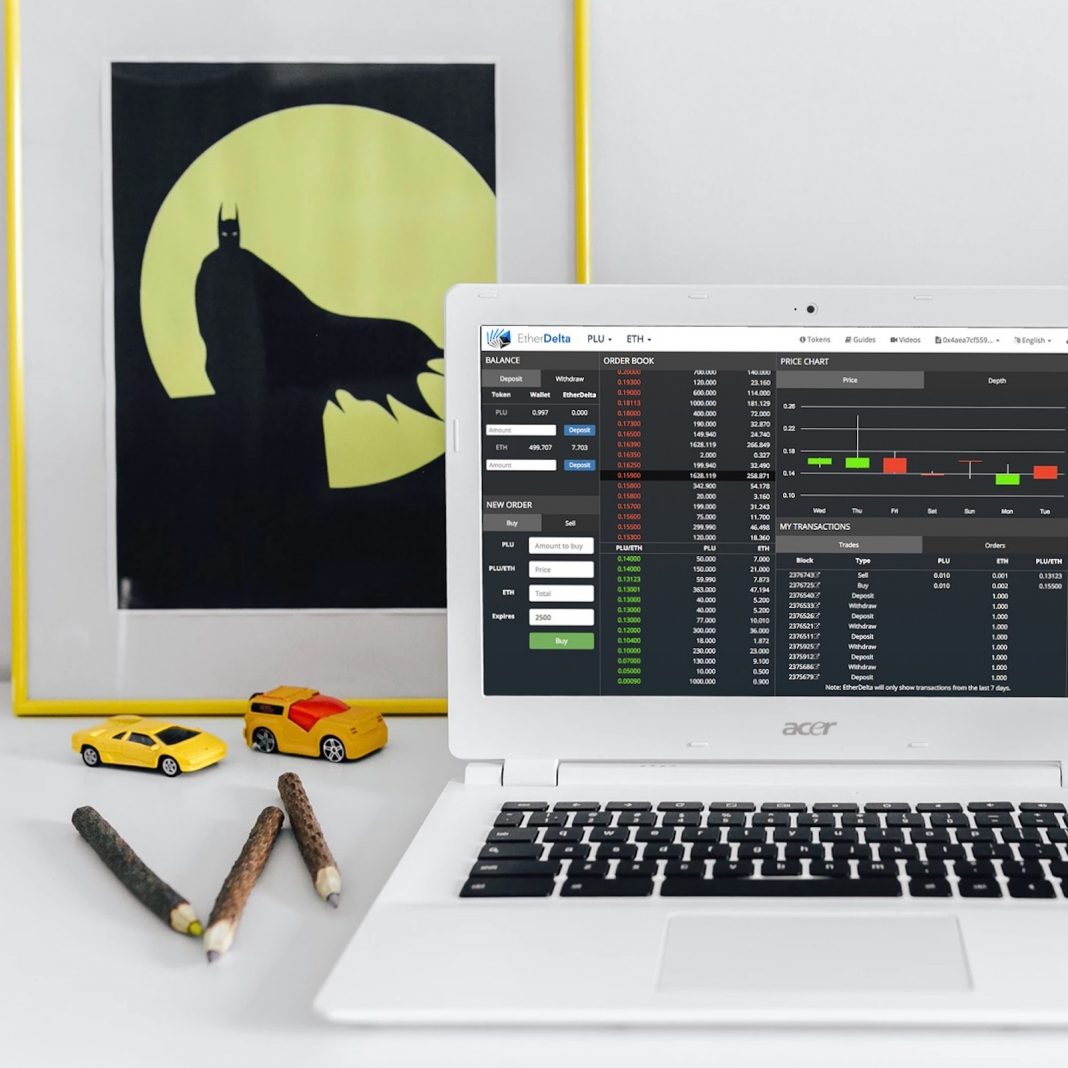The U.S. Securities and Exchange Commission has published details of a cease and desist order it has taken against Zachary Coburn, the operator of Etherdelta. The decentralized ER20 token exchange was the leading Ethereum DEX during its peak, executing more than 3.6 million orders. According to the SEC, many of those orders were for unregistered security tokens.
Also read: Huobi Opens Office in Russia, Plans Startup Accelerator and Mining Hotels
Zachary Coburn Settles With SEC

Zachary Coburn is almost $400,000 out of pocket after settling with the SEC for having operated Etherdelta as an unlicensed exchange where security tokens were traded. In total, Coburn has been ordered to pay $300,000 in disgorgement with an additional $88,000 in penalties on top. While the news, published in an SEC document today, has come as a surprise, it has been evident for some time that DEXs operating within the U.S. are going to have to change their business model. IDEX, which has replaced Etherdelta and its Forkdelta spin-off as the most popular platform of its kind, announced earlier this week that it would introduce KYC. It’s also barred residents of New York and a handful of other states from accessing the site.
In a 12-page ruling, the SEC lays bare the facts of the case, citing its report into the collapse of the DAO in which “the Commission advised that a platform that offers trading of digital assets that are securities and operates as an ‘exchange,’ as defined by the federal securities laws, must register with the Commission as a national securities exchange or be exempt from registration.” The document also explains how Coburn operated Etherdelta from July 2016 until November 2017, when he sold it to “foreign buyers.” The report chastises:
Coburn founded Etherdelta, wrote and deployed the Etherdelta smart contract to the Ethereum blockchain, and exercised complete and sole control over Etherdelta’s operations, including over the operations constituting the violations described above. Coburn should have known that his actions would contribute to Etherdelta’s violations.
A Hefty Fine But No Further Action Taken

While Etherdelta was a small exchange in the cryptocurrency landscape even at its peak, the ramifications of the SEC’s actions are sure to resonate far and wide. Exchanges, both centralized and decentralized, will be carefully examining their KYC and token listing policies in light of today’s report to ensure they aren’t next in the line of fire.
What are your thoughts on the SEC’s ruling? Let us know in the comments section below.
Images courtesy of Shutterstock.
Need to calculate your bitcoin holdings? Check our tools section.





 These are just a scant few moves Coinbase has been making as a unit this year. They are now involved with institutional financial products, and are launching a crypto index fund, gobbling up licenses such as the Bitlicense, have purchased Paradax exchange, and are plotting a move into Japan.
These are just a scant few moves Coinbase has been making as a unit this year. They are now involved with institutional financial products, and are launching a crypto index fund, gobbling up licenses such as the Bitlicense, have purchased Paradax exchange, and are plotting a move into Japan.